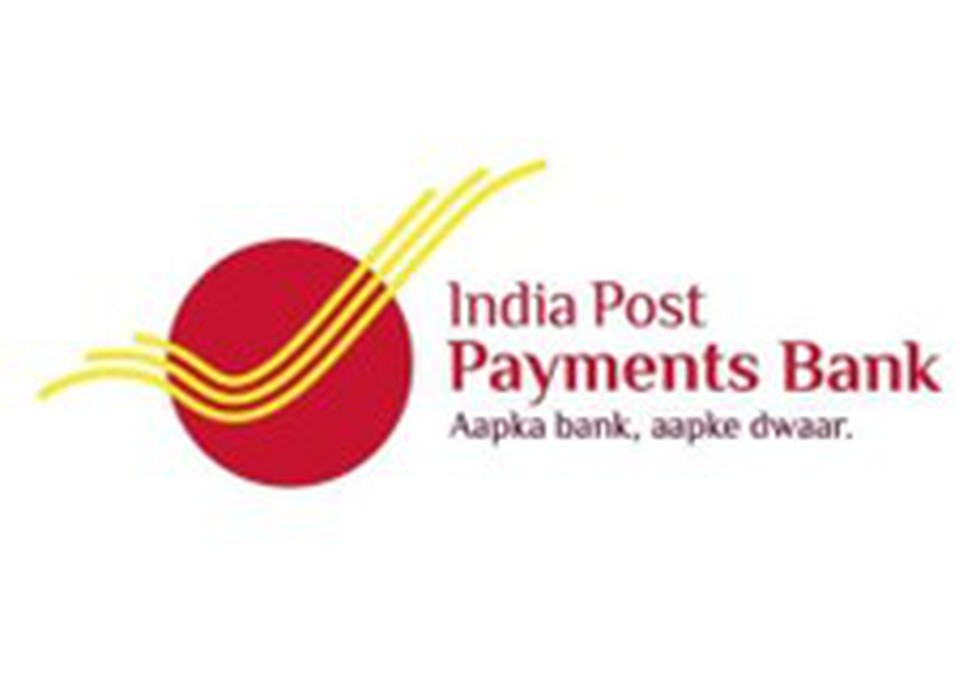About India Post Payments Bank (IPPB):
- IPPB has been established under the Department of Posts, Ministry of Communication, with 100% equity owned by the Government of India.
- IPPB was launched on September 1, 2018, aimed at making banking services available at people’s doorstep.
- Mandate: To remove barriers for the unbanked and under-banked and reach the last mile, leveraging a network comprising 160,000 post offices (145,000 in rural areas) and 400,000 postal employees.
- Headquarters: New Delhi
- Functions:
- The operations of IPPB will be on a smaller scale as compared to other banks and will not advance loans or issue credit cards to avoid risk.
- It will accept deposits, offer remittance services, mobile payments/transfers/purchases and other banking services like ATM/debit cards, net banking and third-party fund transfers.
- It will accept deposits upto Rs 2 lakh, beyond which the account will be automatically converted into a post office savings account.
- The products and services of the bank will be made available through various mediums such as counter services, micro ATMs, mobile banking apps, messages, and interactive voice responses.
- The IPPB will use Aadhaar to open accounts, and a QR card and biometrics will be used for authentication, transactions, and payments.
What are Payments Banks?
- A payments bank is like any other bank but operates on a smaller scale without involving any credit risk.
- It was set up on the recommendations of the Nachiket Mor Committee.
- Objective: Widen the spread of payment and financial services to small businesses, low-income households, and migrant labor workforce in a secured technology-driven environment.
- They are registered under the Companies Act 2013but are governed by a host of legislations such as the Banking Regulation Act, 1949; RBI Act, 1934; Foreign Exchange Management Act, 1999, etc.
- It needs to have a minimum paid-up capital of Rs. 100,00,00,000.
- Activities that can be performed:
- It can take deposits up to Rs. 2,00,000. It can accept demand deposits in the form of savings and current accounts.
- The money received as deposits can be invested in secure government securities only in the form of Statutory Liquidity Ratio (SLR).This must amount to 75% of the demand deposit balance.
- The remaining 25% is to be placed as time deposits with other scheduled commercial banks.
- It can offer remittance services, mobile payments/transfers/purchases, and other banking services like ATM/debit cards, net banking, and third-party fund transfers.
- Activities that can be performed:
- It cannot issue loans and credit cards.
- It cannot accept time deposits or NRI deposits.
- It cannot set up subsidiaries to undertake non-banking financial activities.
